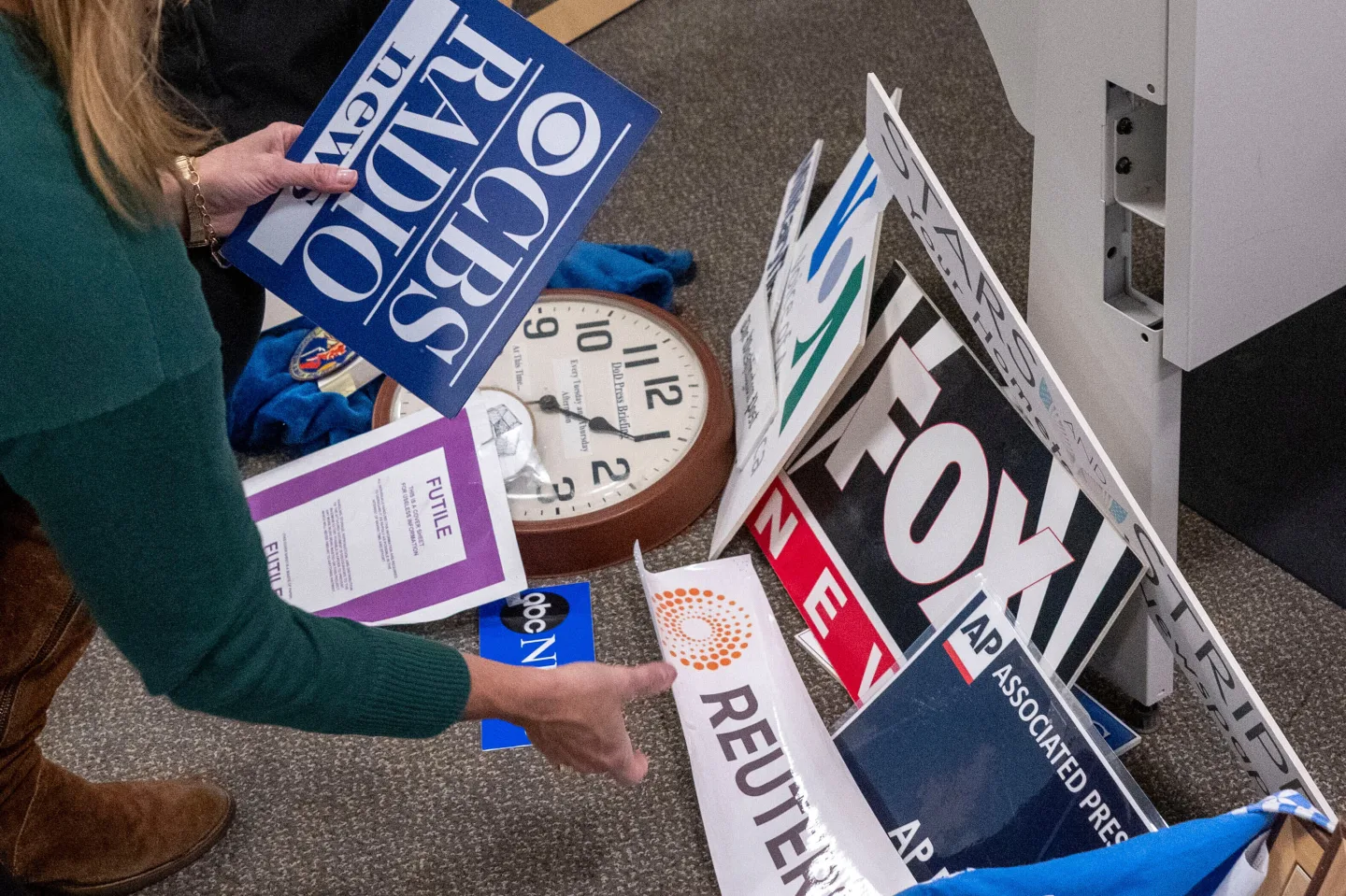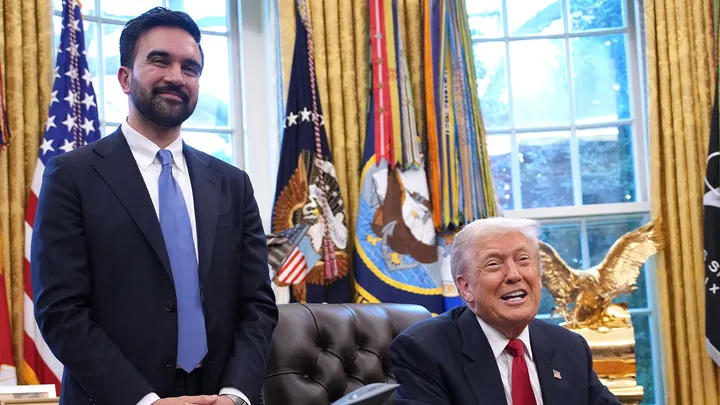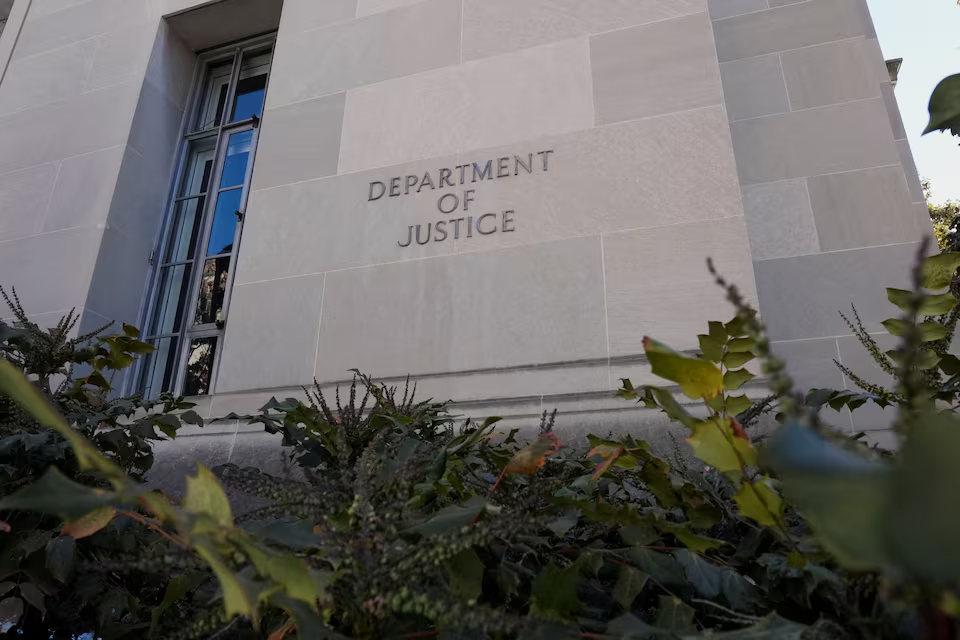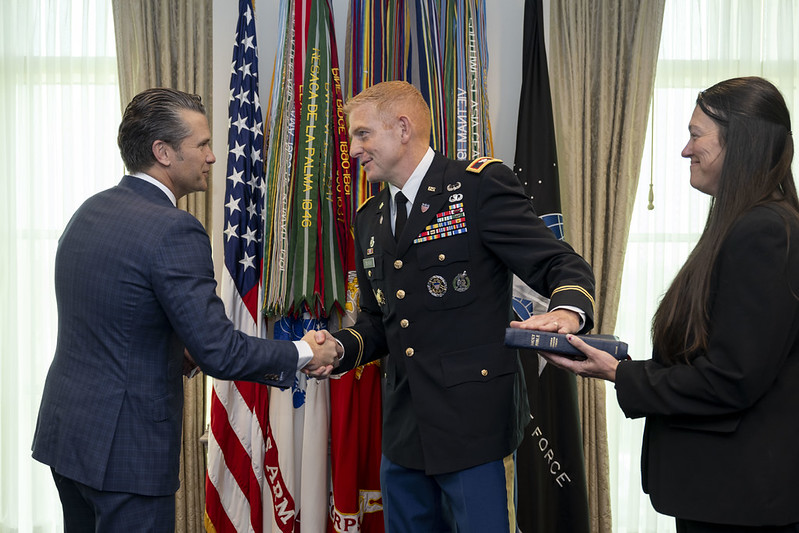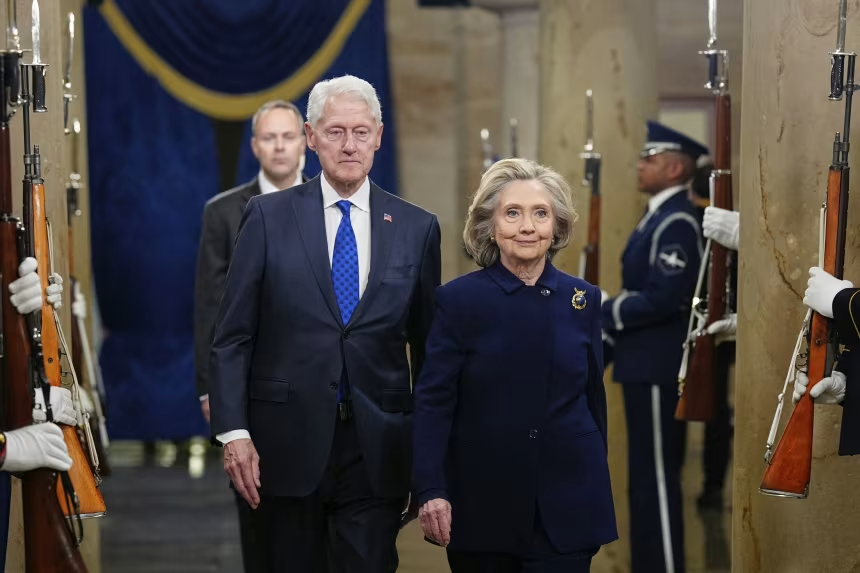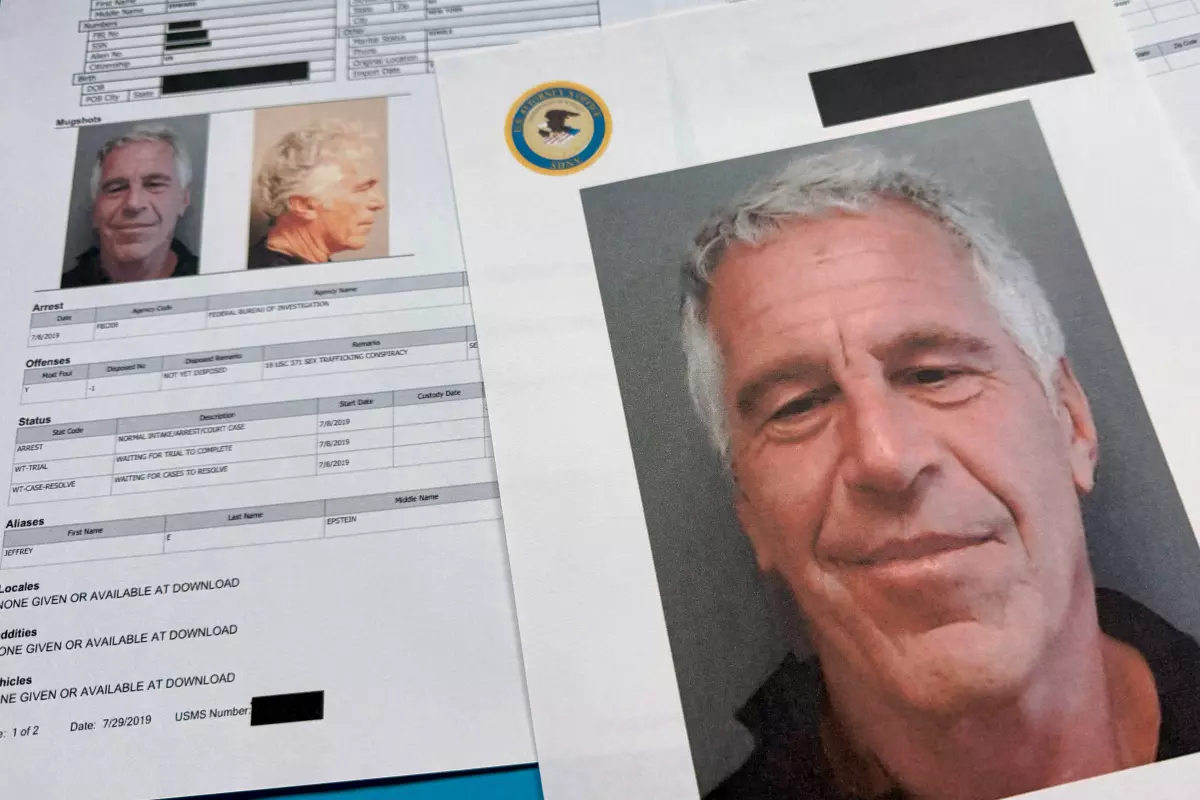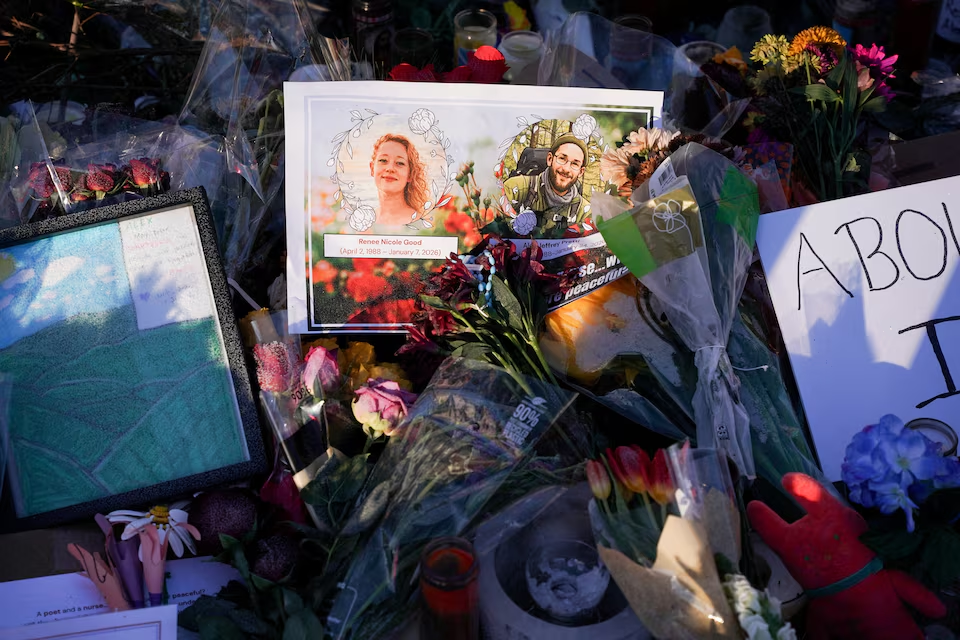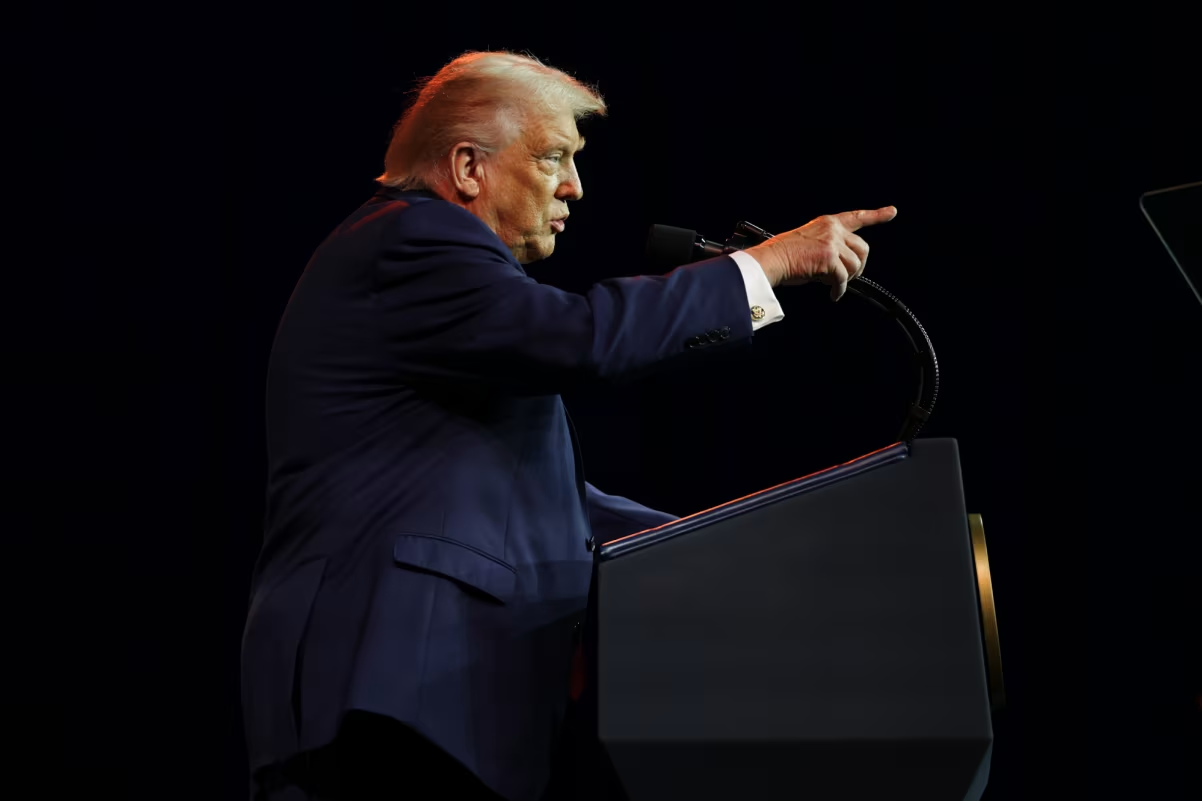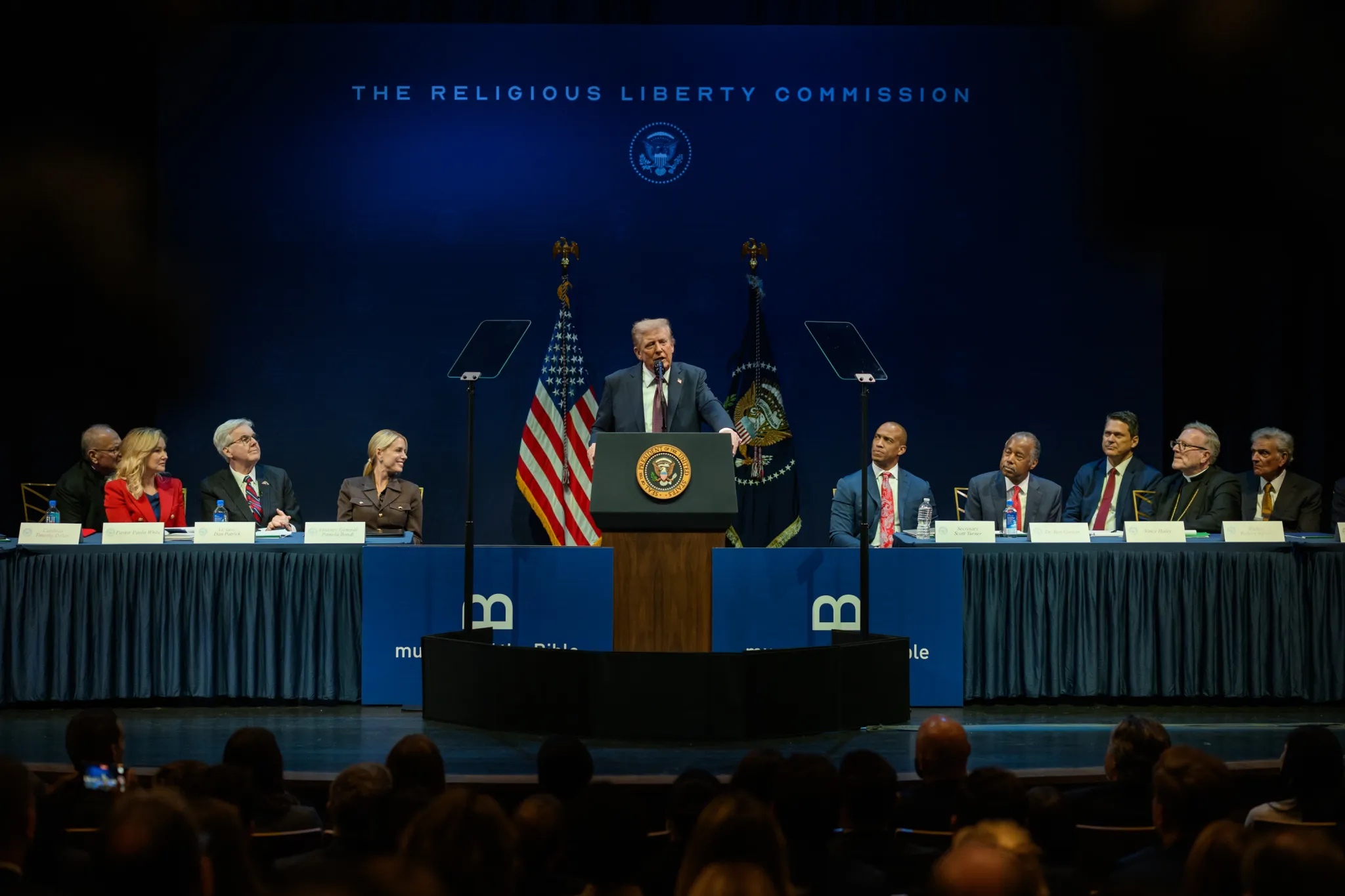New Pentagon Media Rules: Trump Administration Calls It a Key Step for National Security
“Our first responsibility is to protect America’s defense system. The press can sometimes act in ways that disrupt world peace and national security. These rules are necessary for the safety of the United States.”
New Pentagon Media Rules: Trump Administration Calls It a Key Step for National Security
Washington, D.C. | CSB NEWS USA Report
The administration of U.S. President Donald Trump has recently announced a series of new regulations governing media access to the Department of Defense (Pentagon).
According to officials, this move aims to protect national security and prevent the misuse of sensitive information that could jeopardize U.S. military operations.
Under the new guidelines, journalists must now:
-
Obtain prior authorization before entering certain areas of the Pentagon,
-
Seek approval before interviewing or requesting information from military officials,
-
Comply with stricter investigations into information leaks, and
-
Sign a formal acknowledgment of the new media rules before continuing their coverage.
Speaking to reporters at the White House, President Trump said:
“Our first responsibility is to protect America’s defense system. The press can sometimes act in ways that disrupt world peace and national security. These rules are necessary for the safety of the United States.”
According to senior administration sources, several recent information leaks from within the defense establishment had raised serious security concerns. The new media policy, they say, is a preventive measure designed to safeguard classified operations and intelligence.
National Security Experts Support the Move
Many defense and security analysts have described the decision as a “precautionary measure” essential to maintaining the integrity of U.S. defense systems.
Mark Douglas, a Washington-based security expert, said:
“Uncontrolled release of classified or operational details can give adversaries an advantage. Strengthening internal information control at the Pentagon was long overdue.”
He added,
“Freedom of the press is vital, but no nation can afford to compromise its security in the name of transparency.”
Despite Debate, the Government Stands Firm
While a large segment of the U.S. media community has criticized the new policy, the administration insists that the move is not anti-press, but rather “a framework for responsible journalism.”
Defense Secretary Pete Hegseth stated,
“We do not see the press as the enemy. We simply want to ensure that the dissemination of information happens responsibly and without endangering national interests.”
The Trump administration’s policy has sparked a nationwide debate over the balance between press freedom and national security.
While journalists argue that the restrictions could limit transparency, government officials believe the measures are essential to prevent leaks that might endanger troops or intelligence operations.
Observers say,
“This marks a new phase in the relationship between democracy and security — one that demands both transparency and discipline.”
According to the administration, the decision is not meant to control the media, but rather to protect state secrets, ensure operational security, and promote responsible reporting.
While opinions remain divided, the government maintains:
“National security is non-negotiable. The balance between press freedom and security will define the future of responsible democracy.”


